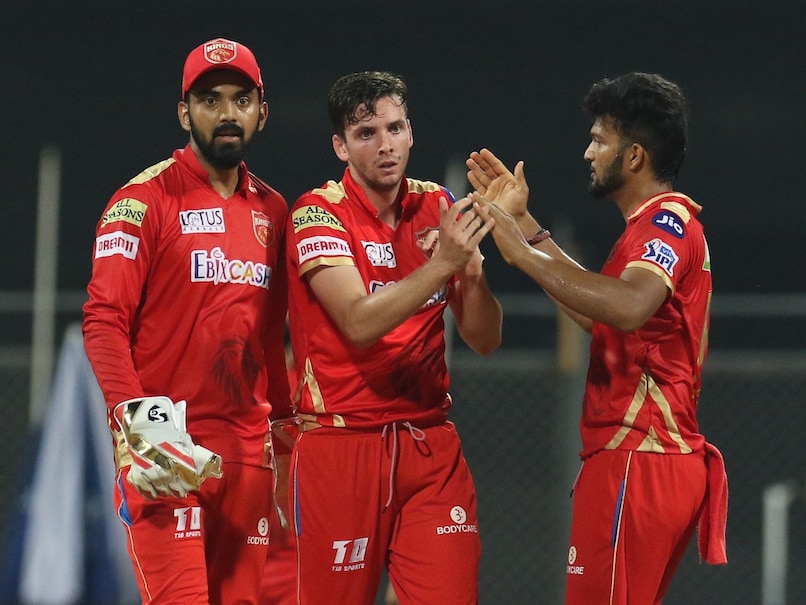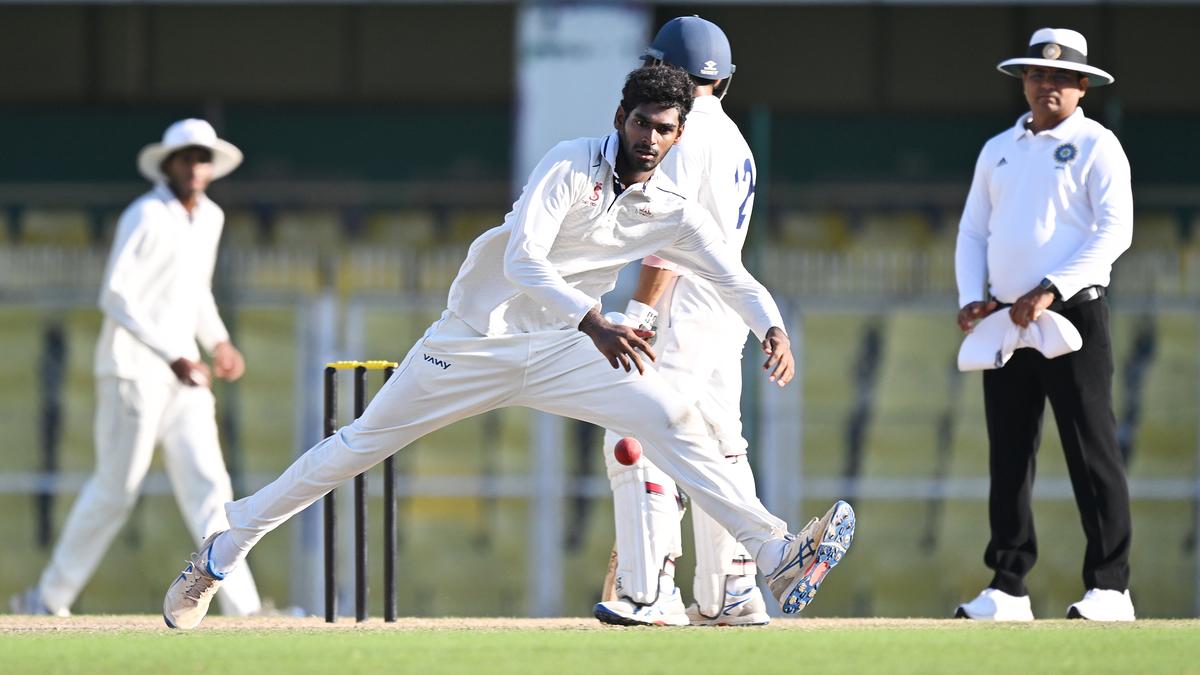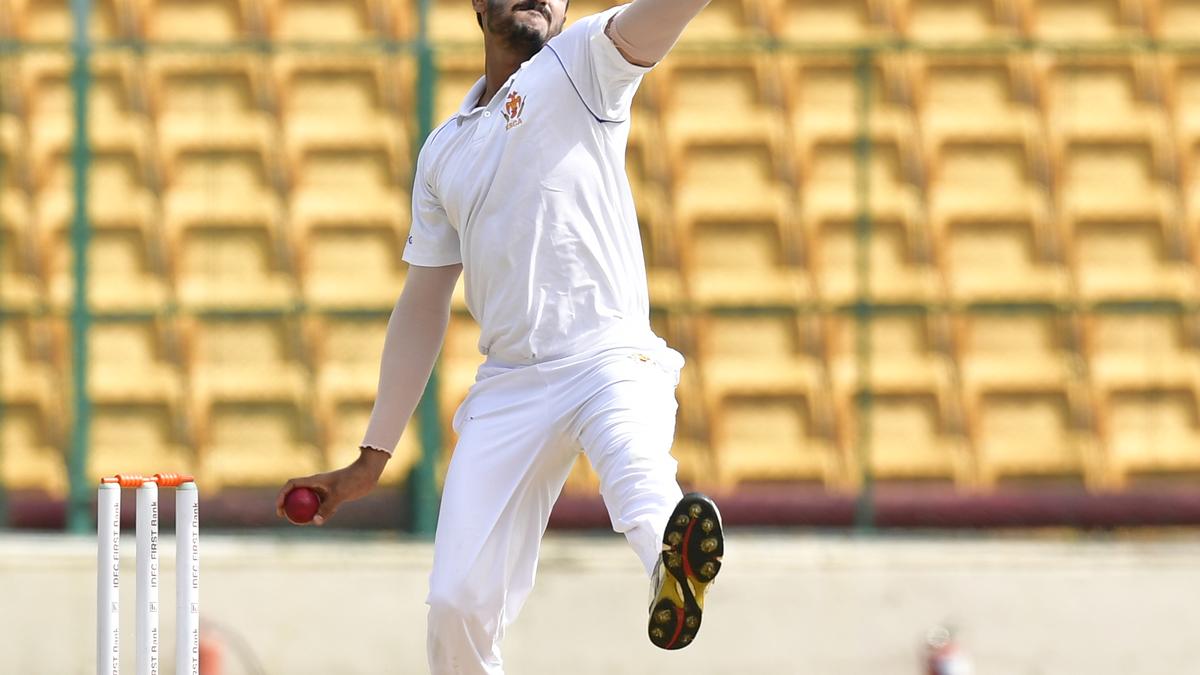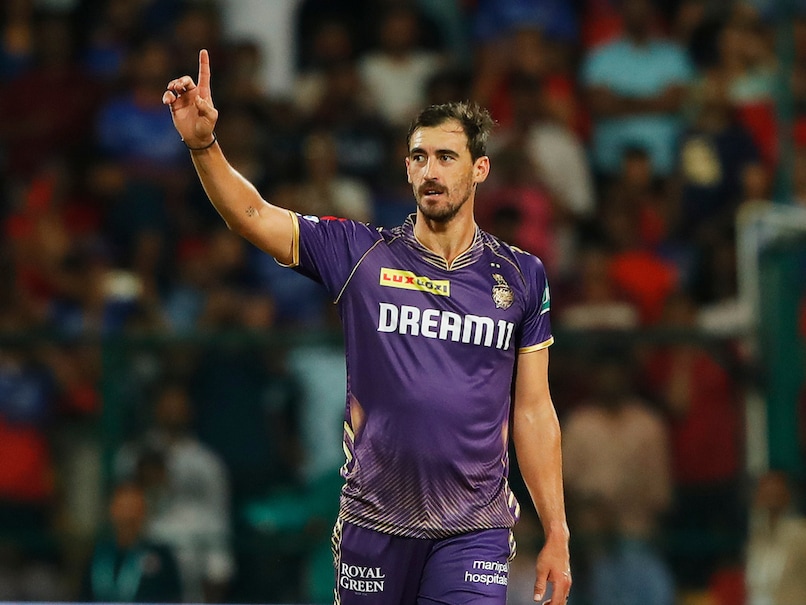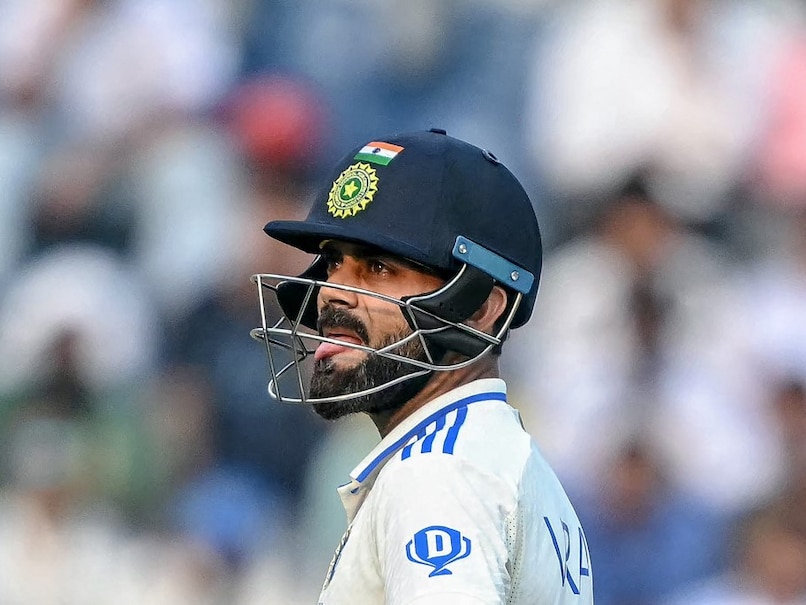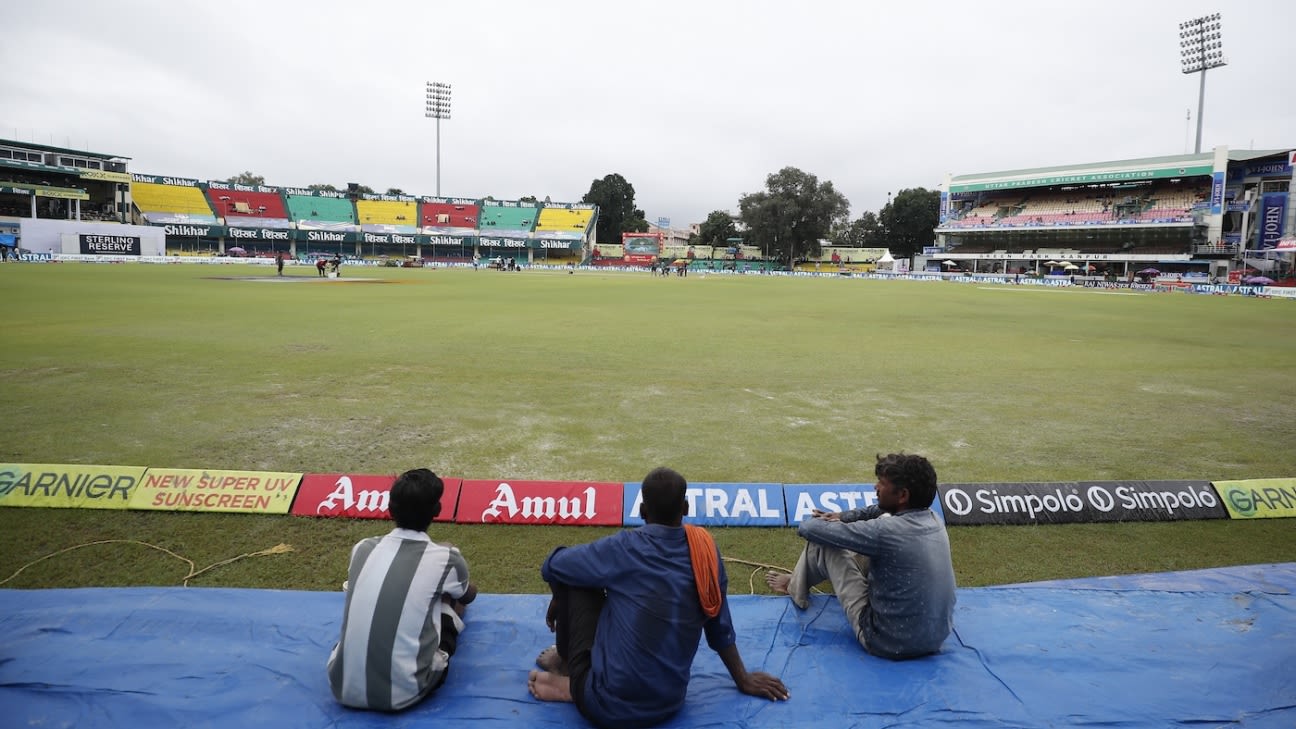Mental health has become an increasingly prevalent topic in elite sports, with many athletes choosing to address it openly. Australian bowler Jhye Richardson is one such player who has shared his experiences with mental health struggles.
During the 2021 Indian Premier League (IPL), Richardson played for the Punjab Kings alongside renowned players like KL Rahul, Chris Gayle, and Mohammed Shami. However, it was during this time that he faced significant mental health challenges.
“A lot of it started during COVID,” Richardson revealed. “My trip to the IPL – I left home not in the headspace that I probably should have been. Then things sort of hit the fan while I was away, and everything with COVID and not being able to get home and stuff like that, it just toppled on top of each other.”
Richardson emphasized the importance of addressing mental health proactively, even when individuals believe they are coping well. “I think you don’t realize what sort of space you’re in until it becomes too much,” he said. “It’s like practicing for the short ball. The more you practice the short ball, the better you’re going to be at it when that situation arises out in the middle. It’s very similar off the field.”
Richardson’s struggles reached a point where he sought professional intervention. “Everything just got to a point where there was some professional intervention that needed to happen,” he explained. “I’m not willing to go into a whole lot of detail, but I just landed in a spot where things were bad enough that I stepped back and said, ‘I can’t continue thinking the way that I am’ and (needed) to get a bit more education and knowledge about how the brain works.”
Richardson praised Western Australia for providing support during his mental health journey. “A lot of the judgment has gone nowadays,” he said. “Within our (WA) group we trust everyone with the way that they want to go about things. People are individuals – they train different ways, they think differently.”
Richardson’s experiences highlight the importance of destigmatizing mental health issues in sports. “The resources within cricket nowadays make the process of dealing with mental health issues a lot easier and there is a lot more education there,” he said. “But as someone who has dealt with anxiety, not just on the field but away from cricket and day-to-day living, it can be quite exhausting.”

